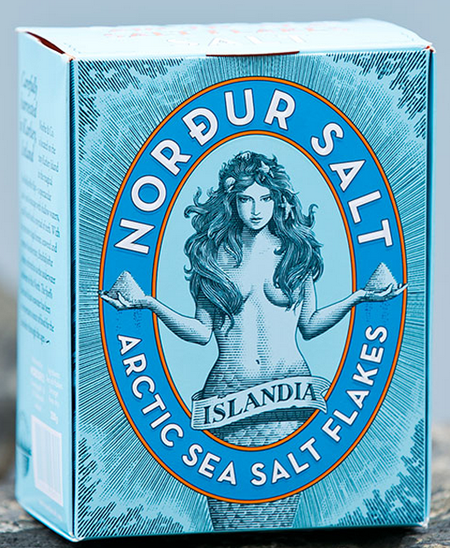We were at the table by this time, soaking up the booze with Sonoran poutine: Tater Tots smothered in cheddar cheese, gooped with tomatoes, bell pepper, onion, salsa and Cholula hot sauce.
 I was ready for the food, for I'd arrived ravenous. Doff the coat, eyeball the munchies, restrain yourself only long enough to put the gløgg on to warm.
I was ready for the food, for I'd arrived ravenous. Doff the coat, eyeball the munchies, restrain yourself only long enough to put the gløgg on to warm.I popped an olive in my mouth, moaned, closed my eyes and crunched.
"Stuffed, mmmm, I love olives." I swallowed and reached for another. "Blanched almonds?"
"That would be whole cloves," said the "ex-pat" writer from Iceland. We were all writers here. "Garlic cloves."
Larissa's a complete gem, the kind of woman I'm glad to know if only annually. I want her to like me. I want to be like her. Her wit and wowzer power. (Is that a thing?) A Fulbright scholar who, when her career in coupons dried up, took to teaching English to toddlers. She mangles their words and they mangle hers. They laugh. She laughs. Perhaps laughter is the language we all understand.
"Don't worry," said her partner, filling up the dish with more little garlic bombs, "we've all had lots!"
 Thus started a night that grew deeply and inappropriately more wonderful, as we killed the Scandinavian mulled wine and started in on the frozen margaritas rimmed with Icelandic sea salt, and washed it all down with beer.
Thus started a night that grew deeply and inappropriately more wonderful, as we killed the Scandinavian mulled wine and started in on the frozen margaritas rimmed with Icelandic sea salt, and washed it all down with beer.We locked ourselves out of the oven ("That'd be the cleaning cycle"), and ogled the latest Tucson firefighter calendar, well oiled men thrusting their hips and wielding their hoses.
"He needed to go deeper," said Mark. He'd be orating next on the intersection of film and literature. The kind of listener-dependent talk that elicits eye-rolls or drool.
"It's the rule of three: I gave my girlfriend chlamydia! And I gave my cat herpes, poor fellow, but I saved the clap for dear old grandma!"
We were all pretty stoked. It was funny.
"The only way out is deeper in," I texted myself so I'd remember.
And then, thinking about it later, about how we deal with embarrassments, with discomfort, with current challenges and past traumas, with discouragements and setbacks and train-wreck failures . . . Do you hear the whispertruth inside the laughter? . . . Go deeper in. Lean in. Feel it, don't run from it. Let it wax terrible. Let it wax absurd. See it from all its sides. From inside. Take a mouthful of it, sharp and bitter. Swallow.
Then you'll know. You are strong. It can't crush you. The way out it is in and through.
~Lora











